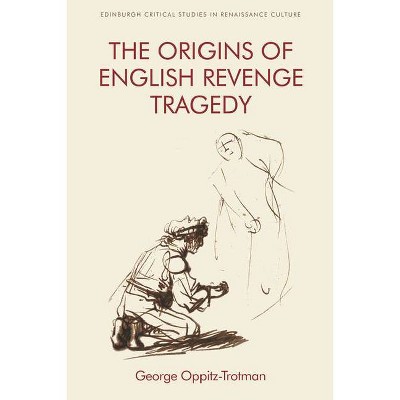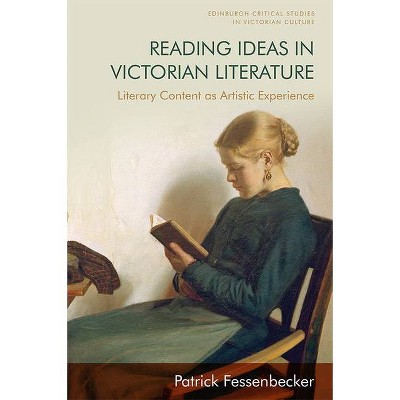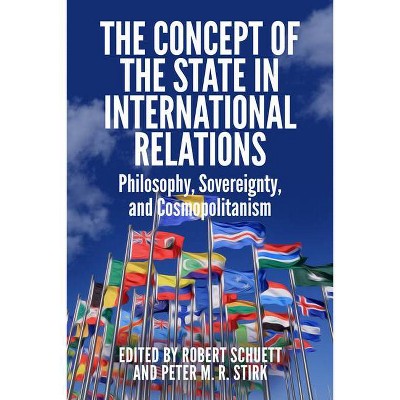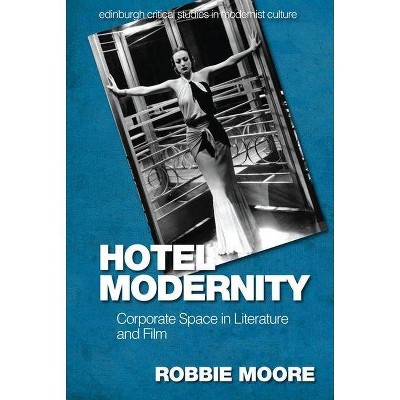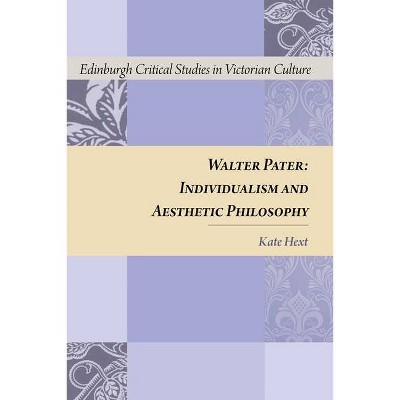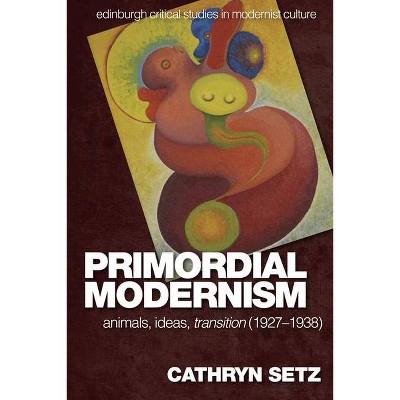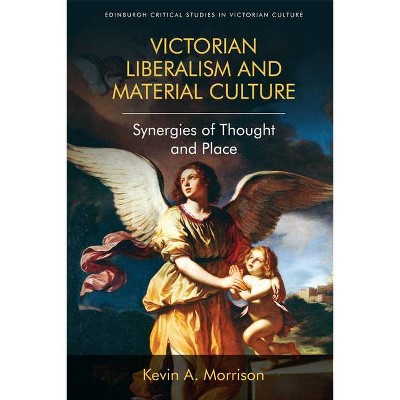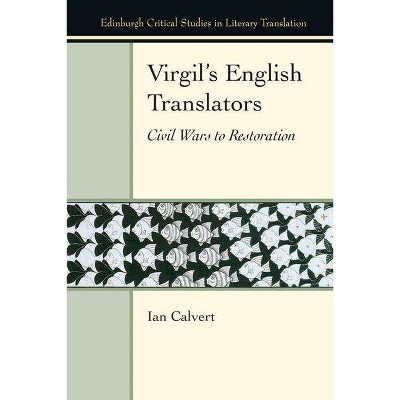Legal Reform in English Renaissance Literature - (Edinburgh Critical Studies in Renaissance Culture) by Virginia Lee Strain (Hardcover)
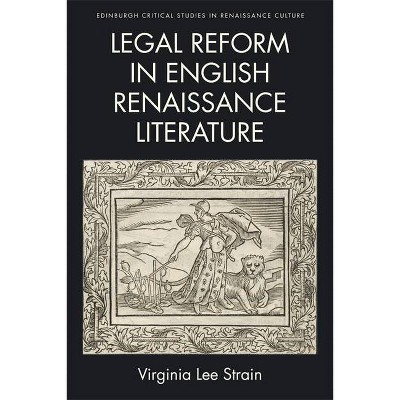
Similar Products
Products of same category from the store
AllProduct info
<p/><br></br><p><b> About the Book </b></p></br></br><p>This book investigates rhetorical and representational practices that were used to monitor English law at the turn of the seventeenth century. </p><p/><br></br><p><b> Book Synopsis </b></p></br></br><p><strong>The first monograph study of legal reform and literature in early modern England</strong></p> <p>This book investigates rhetorical and representational practices that were used to monitor English law at the turn of the seventeenth century. The late-Elizabethan and early-Jacobean surge in the policies and enforcement of the reformation of manners has been well-documented. What has gone unnoticed, however, is the degree to which the law itself was the focus of reform for legislators, the judiciary, preachers, and writers alike. While the majority of law and literature studies characterize the law as a force of coercion and subjugation, this book instead treats in greater depth the law's own vulnerability, both to corruption and to correction. In readings of Spenser's <em>Faerie Queene</em>, the <em>Gesta Grayorum</em>, Donne's 'Satyre V', and Shakespeare's <em>Measure for Measure</em> and <em>The Winter's Tale</em>, Strain argues that the terms and techniques of legal reform provided modes of analysis through which legal authorities and literary writers alike imagined and evaluated form and character. </p> <p><strong>Key Features</strong></p> <ul> <li>Reevaluates canonical writers in light of developments in legal historical research, bringing an interdisciplinary perspective to works </li> <li>Collects an extensive variety of legal, political, and literary sources to reconstruct the discourse on early modern legal reform, providing an introduction to a topic that is currently underrepresented in early modern legal cultural studies</li> <li>Analyses the laws own vulnerability to individual agency</li></ul><p/><br></br><p><b> From the Back Cover </b></p></br></br>''In this richly conceived and tightly argued study of legal reform as one index of law's openness and ongoing potential, Virginia Lee Strain details how Elizabethan poets and dramatists exploited the formal resources of genre, plot and language to reimagine and even re-authorise the attempts at law, both professional and political, to bring greater efficiency and consistency to the administration of justice. A terrific achievement.' Bradin Cormack, Princeton University The first monograph study of legal reform and literature in early modern England This book investigates rhetorical and representational practices that were used to monitor English law at the turn of the seventeenth century. The late-Elizabethan and early-Jacobean surge in the policies and enforcement of the reformation of manners has been well-documented. What has gone unnoticed, however, is the degree to which the law itself was the focus of reform for legislators, the judiciary, preachers and writers alike. While the majority of law and literature studies characterise the law as a force of coercion and subjugation, this book instead treats in greater depth the law's own vulnerability, both to corruption and to correction. In readings of Spenser's Faerie Queene, the Gesta Grayorum, Donne's 'Satyre V' and Shakespeare's Measure for Measure and The Winter's Tale, Strain argues that the terms and techniques of legal reform provided modes of analysis through which legal authorities and literary writers alike imagined and evaluated form and character. Virginia Lee Strain is Assistant Professor of English at Loyola University Chicago. Her articles have appeared in ELH and Literature Compass, as well as in several essay volumes, including The Oxford Handbook on Law and Literature, 1500-1700, Shakespeare and Judgment and Taking Exception to the Law. Cover image: 'Ragione di stato', from Henry Peacham, Minerva Britanna; or, A Garden of Heroical Devises, Furnished, and Adorned with Emblemes and Impresa's of Sundry Natures (London: 1612), p. 22. Reprinted with permission from the Huntington Library. Cover design: [EUP logo] edinburghuniversitypress.com ISBN 978-1-4744-1629-0 Barcode<p/><br></br><p><b> Review Quotes </b></p></br></br><br><p>This is an erudite study and a significant contribution to our understanding of the often submerged ways law and literature have always spoken to and about each other. English Renaissance scholars in particular will appreciate the comprehensiveness of Strain's argument.</p>--Karen J. Cunningham, University of California, Los Angeles "Renaissance Quarterly, vol. 72, no. 4 "<br><p/><br></br><p><b> About the Author </b></p></br></br><p>Virginia Lee Strain is Assistant Professor of English at Loyola University Chicago. She has held fellowships at The Huntington Library, Vanderbilt University, and Washington University in St. Louis. Her articles have appeared in ELH and Literature Compass, and in several essay volumes, including <i>The Oxford Handbook of English Law and Literature, 1500-1700</i> (OUP, 2017), <i>Shakespeare and Judgment</i> (EUP, 2016), and <i>Taking Exception to the Law</i> (UTP, 2015). Her dissertation won the J. Leeds Barroll Dissertation Prize from the Shakespeare Association of America (2011).<p>
Price History
Price Archive shows prices from various stores, lets you see history and find the cheapest. There is no actual sale on the website. For all support, inquiry and suggestion messages communication@pricearchive.us
